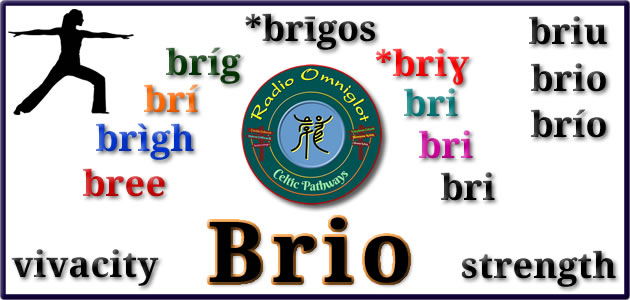Podcast: Play in new window | Download
In this episode we discover the Celtic roots of words for cradle, crib and related things in Portuguese and other languages.
The Proto-Celtic word *bereti means to carry or bear, and comes from Proto-Indo-European bʰéreti (to be carrying), from *bʰer- (to bear, carry) [source].
Related words in the modern Celtic languages include:
- beir [bʲɛɾʲ] = to bear, give birth to; lay (eggs) in Irish
- beir [berʲ] = to take hold; bring forth, bear, produce, carry in Scottish Gaelic
- behr = to bear (give birth to) in Manx
- beru = to flow, drip, drizzle in Welsh
- perthi = to bear, endure, put up with, stand, suffer, tolerate in Cornish (not entirely sure about this one)
- berañ [ˈbeːrã] = to drip, flow in Breton
For more details of related words in the Celtic languages, see the Celtiadur post Birth.
Words from the same Proto-Celtic root via Proto-Celtic *bertā (bundle, burden ?), Gaulish *berta and Latin berciolum (cradle), include berço (cradle, crib, birthplace) in Portuguese, bressol (cradle) in Catalan, berceau (cradle, crib, birthplace, arch, vault) in French, and berså (arbour, bower) in Swedish (borrowed from French) [source].
Words from the same PIE roots include barn, barrow, bear, berth, birth and burden and ferret in English, baren (to bear, give birth to, cause) in Dutch, brouette (wheelbarrow) in French, and Bürde (burden) in German [source].
Radio Omniglot podcasts are brought to you in association with Blubrry Podcast Hosting, a great place to host your podcasts. Get your first month free with the promo code omniglot.











